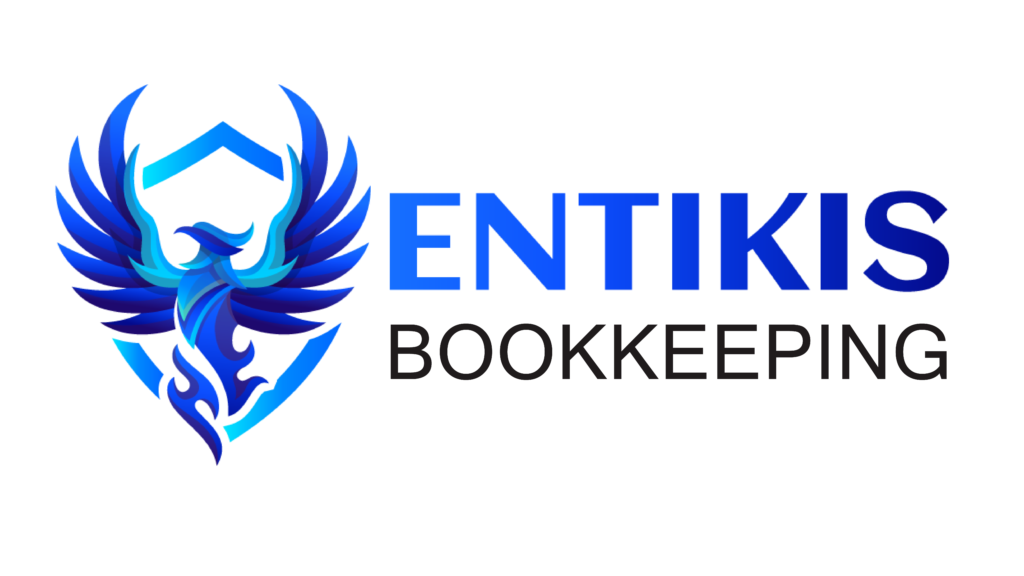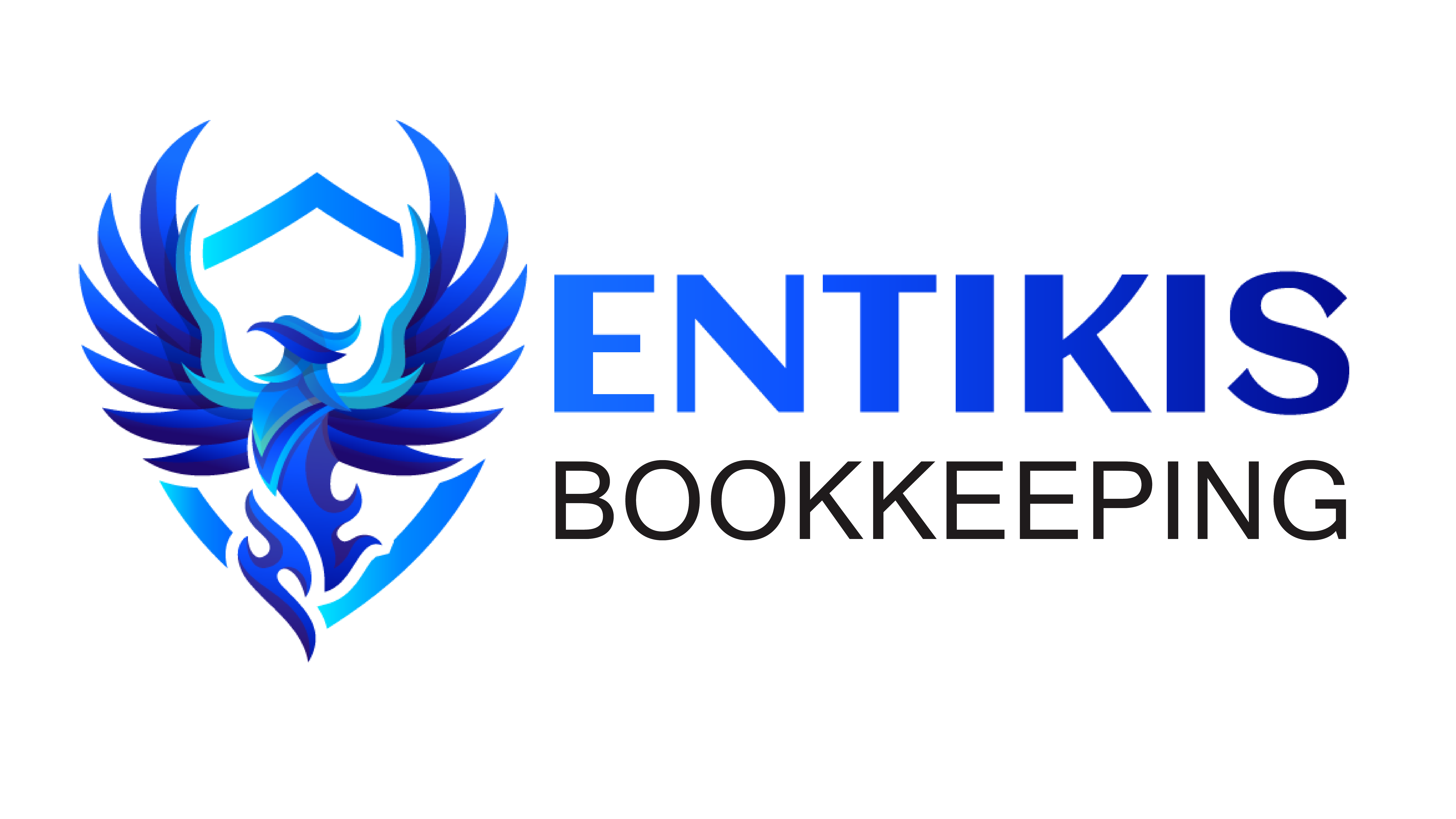Insurance is an essential part of running a business, providing protection against unexpected losses. Whether you’re covering liability, property damage, or employee injuries, understanding how to properly record insurance payments in your bookkeeping system is crucial. Many business owners in Fort Worth, Texas, and the greater Dallas-Fort Worth (DFW) metroplex struggle with handling insurance transactions accurately, which can lead to financial mismanagement and tax issues.
If you own a business, ensuring your bookkeeping is accurate will not only keep your financial records in order but also streamline your tax preparation. In this guide, we’ll break down the two main types of insurance transactions—premium payments and insurance proceeds—and how to record them correctly.
Understanding Insurance in Bookkeeping
Insurance transactions fall into two main categories:
- Premium Payments – Regular payments made to an insurance provider for coverage.
- Insurance Proceeds – Money received from an insurance claim payout.
Each of these requires a different approach in your bookkeeping to ensure accurate financial tracking and tax compliance.
To learn more about different types of business insurance, check out the Small Business Administration (SBA) Guide to Business Insurance.
How to Record Insurance Premium Payments
Insurance premiums are a necessary business expense, but they need to be classified correctly in your books.
Common Types of Insurance Premiums
- General Liability Insurance – Protects against lawsuits and third-party claims.
- Property Insurance – Covers physical assets like buildings and equipment.
- Workers’ Compensation Insurance – Required in many states, this covers employee injuries.
- Professional Liability Insurance – Protects service-based businesses from negligence claims.
- Health Insurance – Covers employees if you provide benefits.
How a Bookkeeper Should Record Premium Payments
When paying for an insurance premium, it should be recorded as an expense in your bookkeeping system. Here’s a common way to log it:
- Debit: Insurance Expense (e.g., “General Liability Insurance Expense”)
- Credit: Cash or Accounts Payable
If the payment is made in advance for future coverage, it should be recorded as a prepaid expense, which is an asset. Over time, you’ll gradually move it from an asset account to an expense account.
Tip: Regularly reviewing your insurance payments ensures they are correctly categorized and deductible for tax preparation.
How to Handle Insurance Proceeds in Bookkeeping
When your business receives an insurance payout, it’s essential to record it properly. Depending on the nature of the proceeds, they could be classified as income or reimbursement.
Common Types of Insurance Proceeds
- Property Damage Claims – If a business property is damaged and you receive reimbursement.
- Business Interruption Insurance – Covers lost income due to disruptions.
- Workers’ Compensation Settlements – Payouts related to employee injury claims.
- Health Insurance Reimbursements – Refunds from overpayments or claims.
How a Bookkeeper Should Record Insurance Proceeds
The way insurance proceeds are recorded depends on whether they are considered income or an expense offset.
For example, if your business receives a $10,000 payout for property damage, your bookkeeper may record it as follows:
- Debit: Cash (Bank Account) +$10,000
- Credit: Insurance Claim Revenue +$10,000
However, if the insurance payout is meant to reimburse for expenses, it should offset the related expense instead of being recorded as income.
Tip: Some insurance proceeds are taxable, while others are not. Work with a tax preparation expert in Fort Worth, Texas to determine the tax implications.
Why Proper Bookkeeping for Insurance Matters
- Accurate Financial Records – Properly recording insurance transactions ensures financial clarity.
- Tax Compliance – Correctly categorizing insurance payments and proceeds prevents tax penalties.
- Cash Flow Management – Tracking insurance expenses and reimbursements helps you make better financial decisions.
- Audit Preparedness – If the IRS audits your business, having well-organized insurance records is crucial.
Get Expert Bookkeeping Support in Fort Worth, Texas
Handling insurance payments in bookkeeping can be complex, especially when dealing with claim payouts, prepaid expenses, and tax preparation considerations. If you’re a business owner in Fort Worth, Burleson, or the greater Dallas-Fort Worth metroplex, working with a professional bookkeeper can ensure accuracy and compliance.
Entikis Bookkeeping Firm is here to help! Whether you need assistance tracking expenses, categorizing insurance transactions, or preparing for tax season, our expert team is ready to support your success.
Contact us today at Admin@Entikis.Com or call 817-415-1715 to learn how we can simplify your bookkeeping!
📍 Visit us at 640 Taylor St Suite, Fort Worth, TX, United States.
After all, well-managed books today can lead to big wins tomorrow!
For more bookkeeping insights, check out our Business Bookkeeping Blog.




